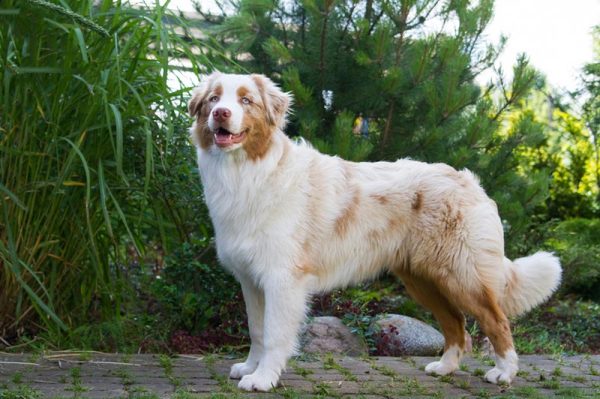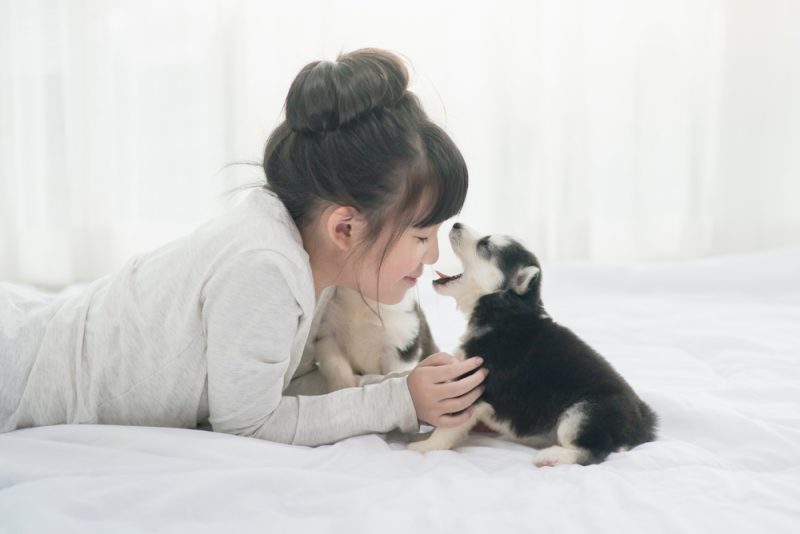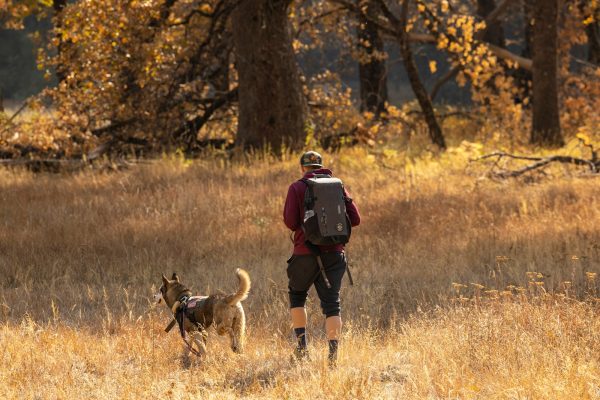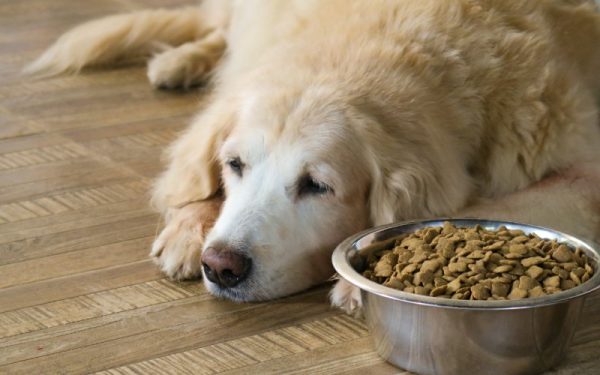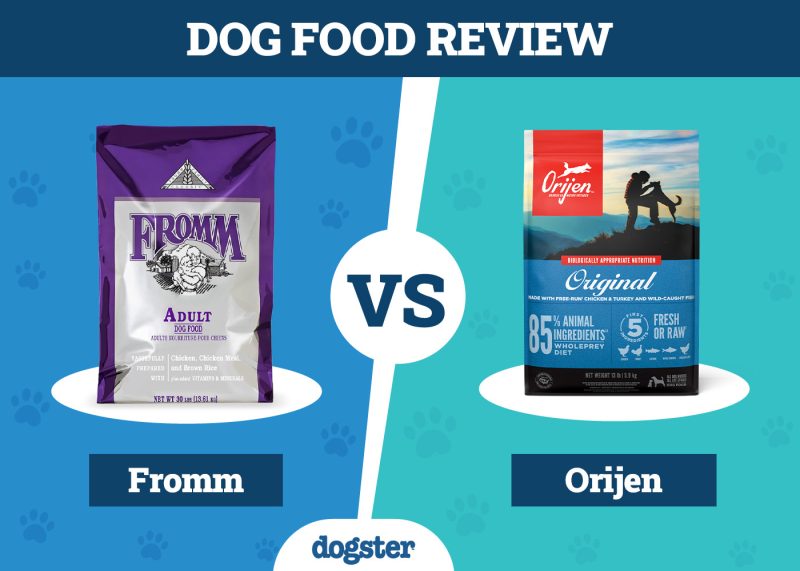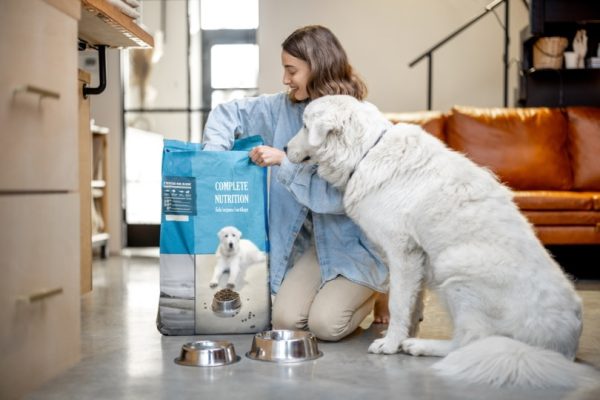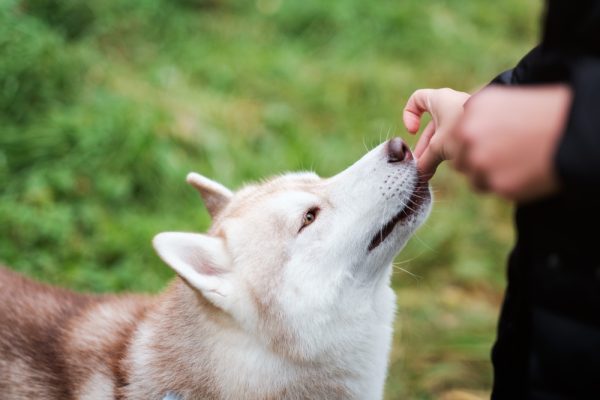In this article
View 2 More +Dogs are not just those beloved friends that cheerfully join us on our daily walks; they are also brilliant companions who enjoy mentally stimulating games and thrive when playing them. As you might expect, a mentally stimulated pup is a happier and better-adjusted pup than those that are left to become bored. They also tend to exhibit fewer destructive behavior problems and enjoy a better overall quality of life.
With brain games, it doesn’t have to be complicated or expensive for dog owners to provide their pets with enjoyable ways to challenge their intellect, stave off boredom, and strengthen their bond. Read on for various brain games that will keep your four-legged friend sharp, entertained, and happy!

The 8 Brain Games for Your Pup
1. Hide and Seek
This classic game engages your dog’s sense of smell and problem-solving skills. Start by hiding treats or toys (or yourself!) in various locations around your home or yard. Encourage your dog to find them by using verbal cues or simple commands. As your pup becomes proficient, you can increase the difficulty by hiding items in more challenging places.
2. Puzzle Feeders
Puzzle feeders are fun for turning mealtime or treat time into a mental workout! These devices dispense food in a way that requires your dog to figure out how to access it. Various types of puzzle feeders are available, from simple designs to more complex ones. These keep your dog entertained, slow down fast eaters, and provide mental stimulation as they work to retrieve their meals.
Pro Tip: If your dog is a little too smart and figures out how to solve the puzzle and get to the treats too quickly, pour a bit of water into each compartment where the food is. Then, place the feeder in your freezer until the water is frozen. Give the puzzle to your dog, and watch them lick the ice until they can finally release and gobble up the treats! This tip should only be used as a game, not to feed your dog their regular meals.
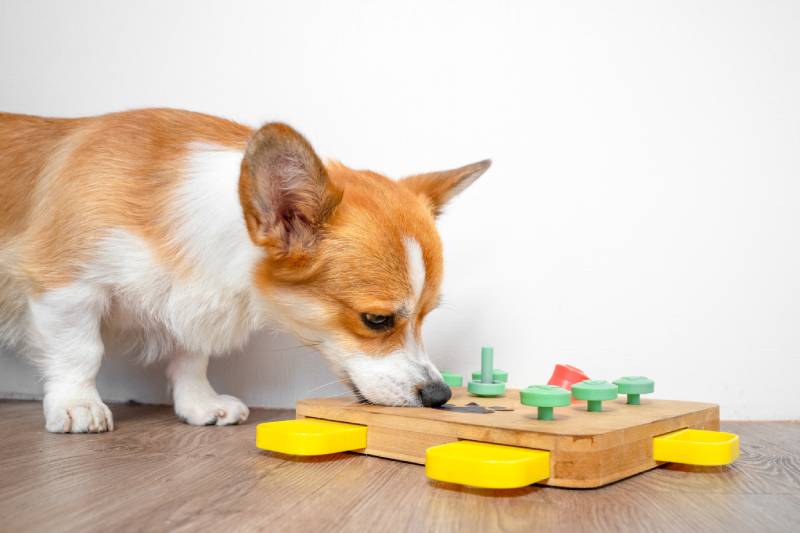
3. Interactive Toys
Interactive toys, such as treat-dispensing balls, are similar to puzzle feeders and designed to challenge your dog’s problem-solving abilities. They often have hidden compartments where treats can be placed, requiring your dog to manipulate the toy to access the rewards. Make sure to choose products that are appropriate for your dog’s size and skill level, to ensure that they remain engaged without becoming frustrated.
4. Tug of War With a Twist
Traditional tug of war is a great physical workout, but adding a twist turns it into a brain game. Introduce various rules, such as only releasing the toy on command or waiting for your signal to start playing. This adds an extra layer of mental engagement as your dog learns to follow instructions while enjoying a spirited game.

5. Name That Toy
Most dogs are perfectly capable of learning and recognizing names for various objects. To play “Name That Toy,” start by selecting a few of your pup’s favorite plushies. Place them in a row, and using consistent verbal cues, ask your dog to bring you a specific toy. Reward them with praise and treats when they choose the correct one. This game will help sharpen their memory and reinforce communication between you and your furry pal.
6. DIY Obstacle Course
Create an obstacle course using household items in your backyard or living space. Set up hurdles, tunnels made from blankets or cushions, and weaving poles. Help your dog get through the course using treats and positive reinforcement. This game is a great way to squeeze more exercise into your pup’s day while also challenging their coordination and problem-solving skills.
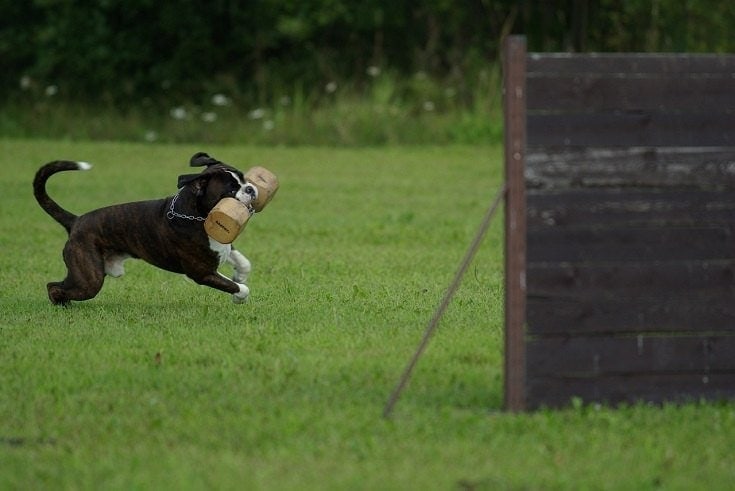
7. Peanut Butter in a Kong
Turn a Kong toy into a yummy stimulating activity by stuffing it with peanut butter (or if you prefer, a mixture of wet dog food and treats), then freezing it. The challenge for your dog is to figure out how to extract the frozen goodies. This occupies their time and provides a refreshing delight, especially on warm days.
Side Note: In case you’re wondering, yes, it’s safe for healthy dogs to have one or two teaspoons of peanut butter a day. Just make sure it doesn’t contain xylitol, as that is extremely toxic to dogs.
8. Scent Trail
Tap into your dog’s extraordinary sense of smell by creating a scent trail for them to follow. Begin by rubbing a treat or toy against the ground to leave a specific scent. Gradually increase the difficulty by making the trail longer or incorporating turns.


Why Does Mental Stimulation Matter?
Dogs, especially those with high intelligence levels, can easily become bored when their minds are not adequately engaged. Boredom often leads to destructive behaviors, such as chewing furniture, excessive barking, and digging. Mental stimulation helps redirect this energy into positive activities, reducing the likelihood of destructive behaviors and promoting a calm demeanor.3
Also, just like humans, our loyal four-legged friends benefit from solving problems. Brain games challenge them to think, plan, and execute strategies to reach a goal. Engaging in activities that require problem-solving skills helps them develop their cognitive abilities and keep their minds sharp as they age.
Mental stimulation is about not only challenging your pet’s intellect but also providing a positive outlet for excess energy. Indeed, dogs that lack mental stimulation may experience heightened stress and anxiety levels, which can negatively impact their overall well-being.
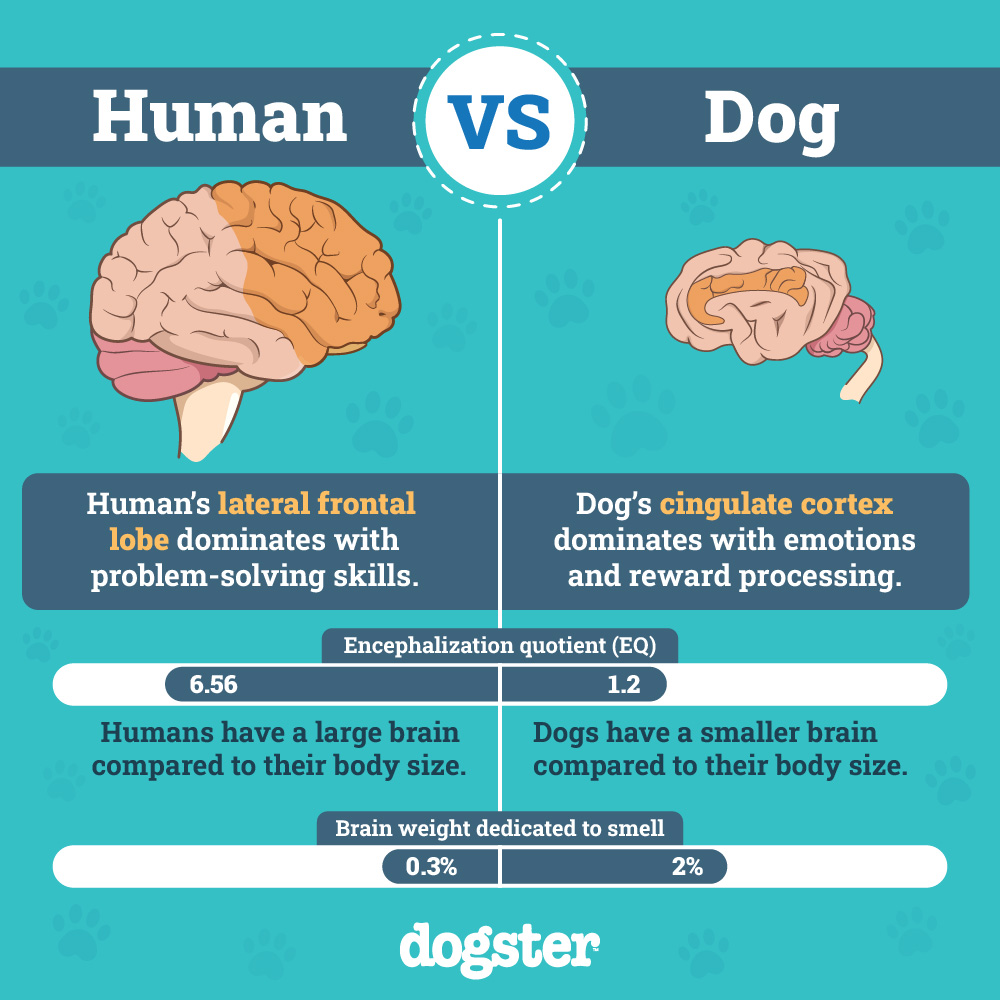

Conclusion
Incorporating brain games into your dog’s routine is a win-win for both of you. These activities provide essential mental stimulation and strengthen the bond between you and your lovely and smart pup. That said, choosing games appropriate for your dog’s size, age, and skill level is crucial to ensure a sufficiently challenging experience. After all, you’ll want to make sure your canine doesn’t figure out the scheme in just 2 minutes!
- See also: Dog Friendly Activities in Detroit
Featured Image Credit: Flatka, Shutterstock


